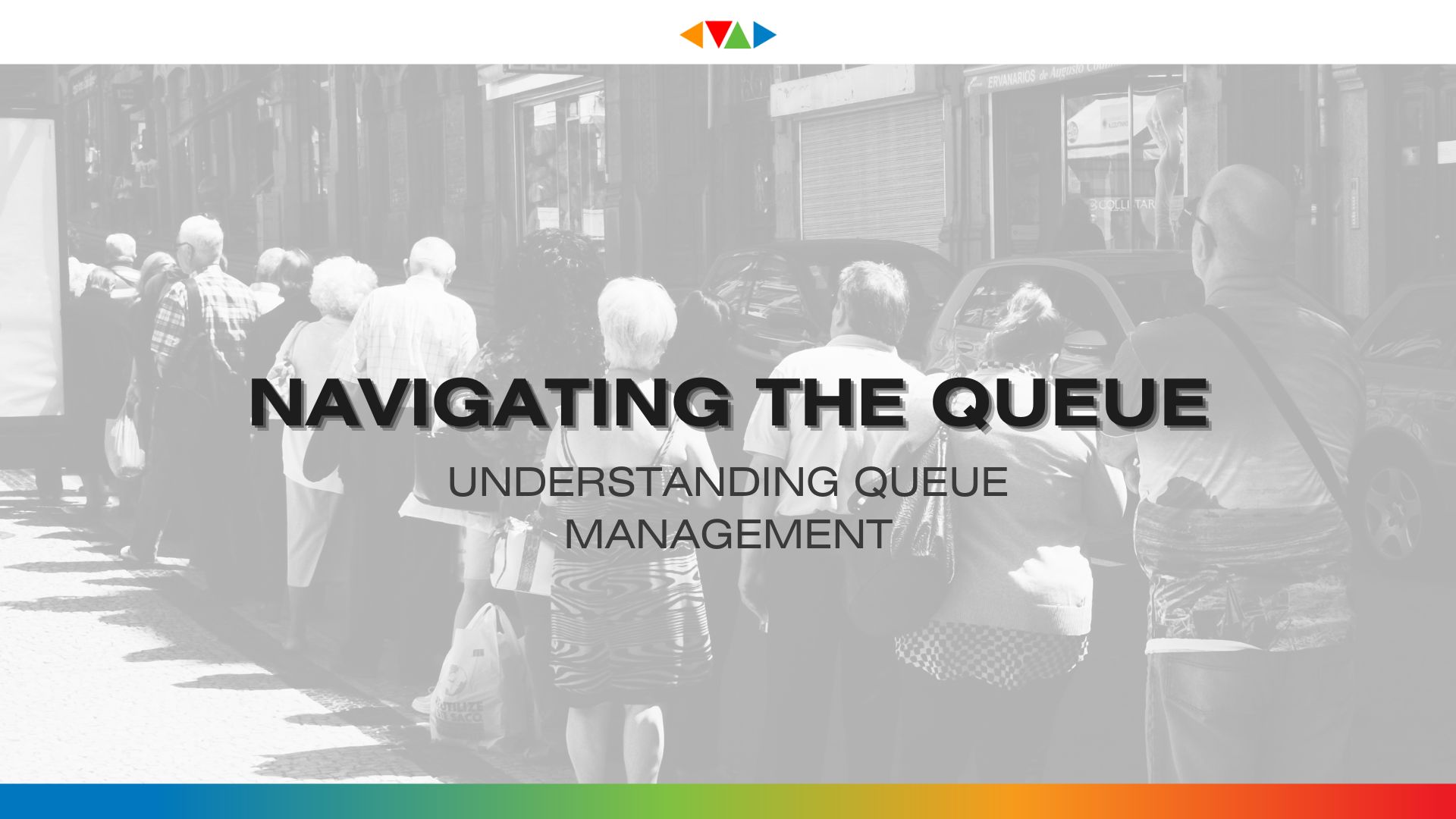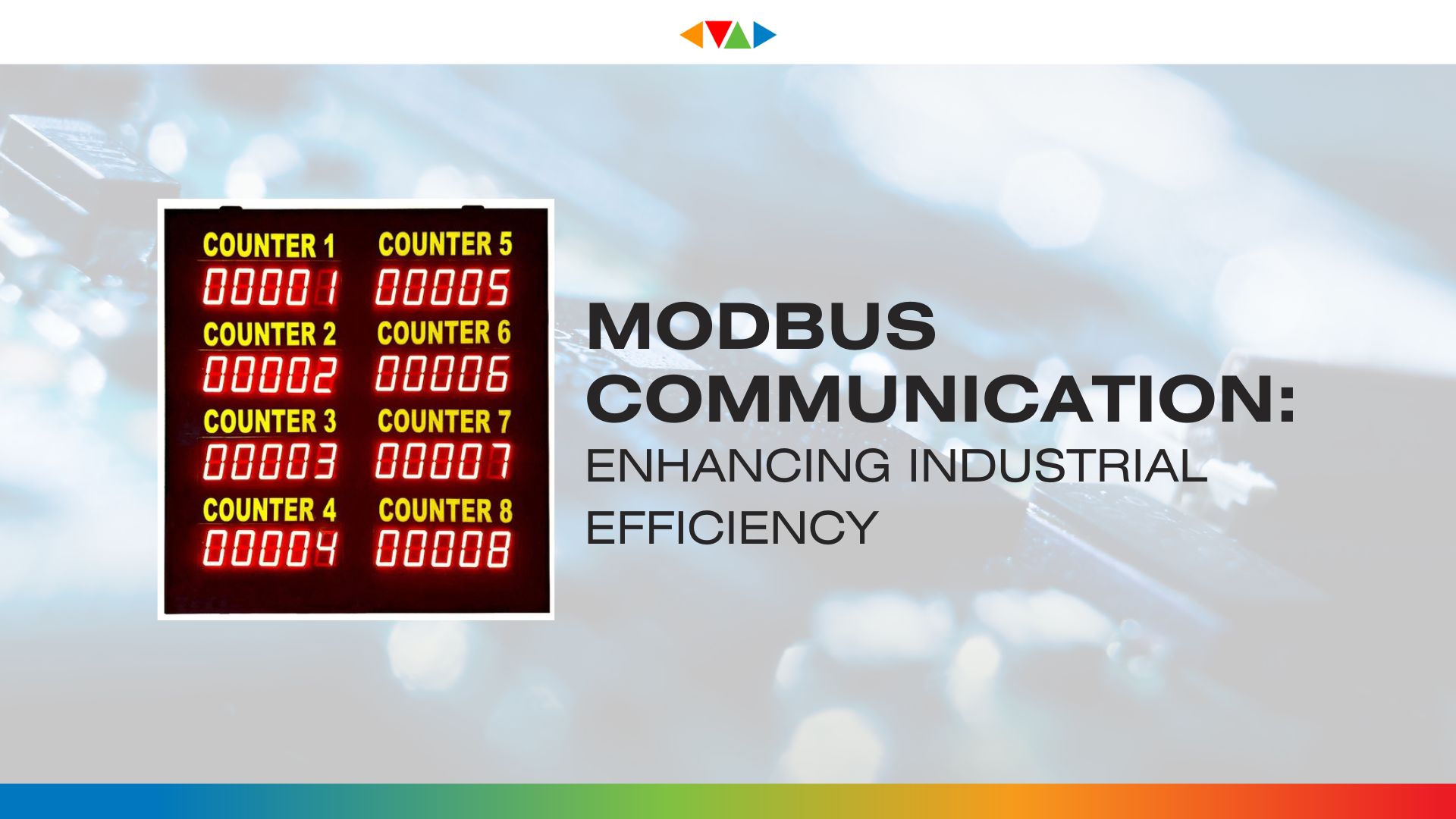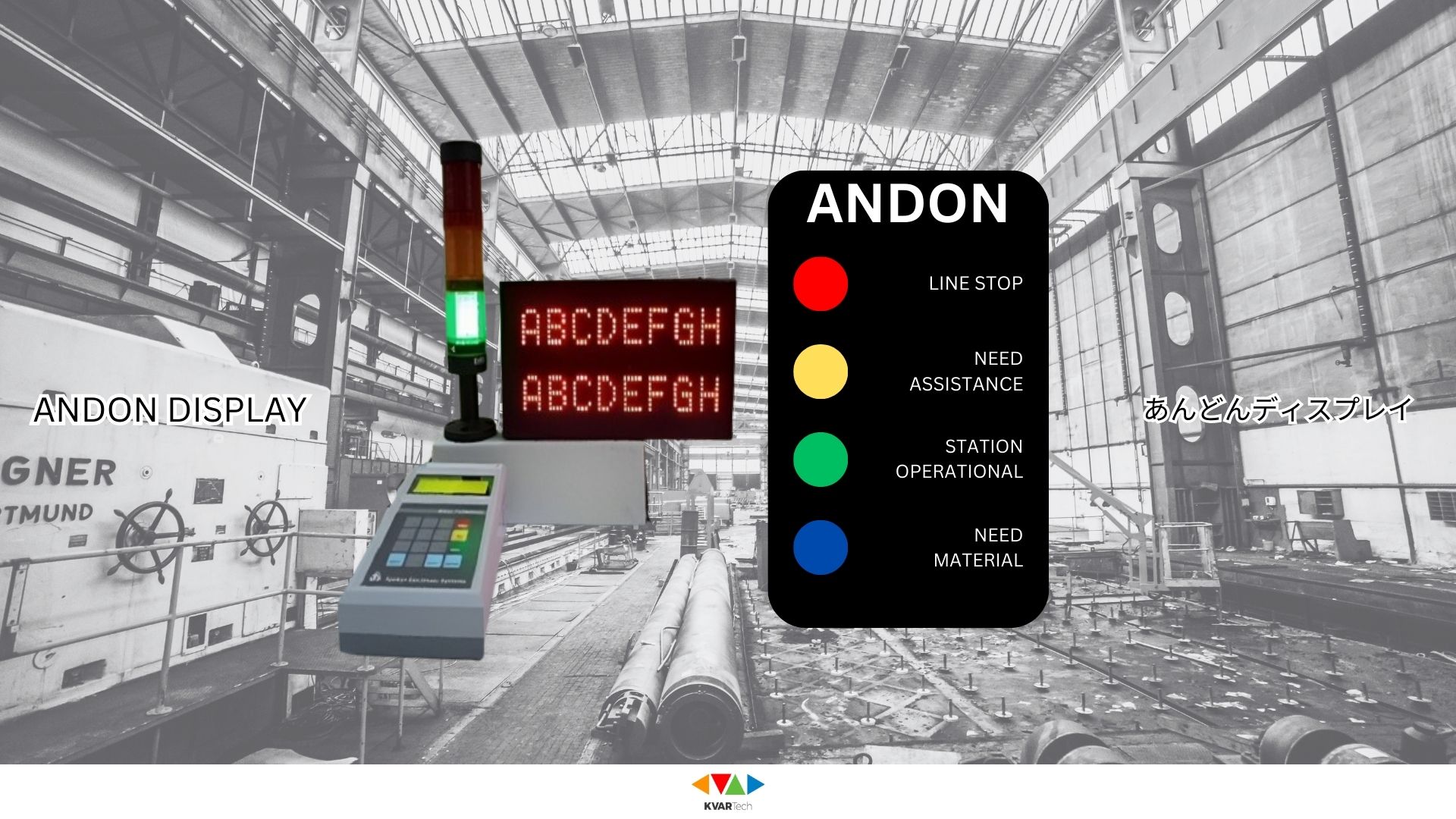Nowadays, convenience of their customers has become a priority for businesses. From local outlets to Multinational-companies, there has been an understanding that customer satisfaction is pivotal for success. In recent years, but also forever, business has been all about making it easier for customers to acquire their service. There are multiple aspects of customer satisfaction and customer management, and one of them is Queue management.
Hearing the word ‘Queue’, the words that spring to mind are ‘delay and ‘frustration’ and the image is that of a line of people waiting impatiently to get a task done. Hence, came into life, the term – Queue management. As mentioned earlier, it has become a matter of foremost priority for businesses to manage these queues and ensure there are no signs of disgruntlement amongst their customers or visitors.
There are a number of systems or methods, designed to tackle this issue. The traditional method was utilizing barriers to manage queues. While more than mitigating the time and frustration of people, it managed to define the queues properly and avoid chaos. Appointment-based practice eliminated queues altogether but gave rise to the requirement of visitor-management systems with scheduling.
In recent years, courtesy of the ever-growing number of businesses, nearly all of them have turned to applying various Queue management systems, or QMSs to ensure fluid operation at all times and have that competitive edge. Although Queue management systems are not cheap, but it’s an investment worth making. They only make it easier for customers, to acquire the service they need, as well as the providers, to keep track of their customers.
What are Queue management systems? They are a software solution designed to manage and automate queues; to organize customer flow from arrival to service completion, ensuring a seamless and satisfying experience for both, customers and staff. With a flexible structure and token displays in assistance, QMS has quickly integrated into a wide range of service-oriented industries like Banking, Healthcare, Government offices, educational institutes, etc.
These Queue management systems offer significant ROI by reducing wait times, optimizing staff allocation, and enhancing customer satisfaction. Through data analysis, businesses can improve operational efficiency and increase throughput. The cost savings from streamlined operations make QMS a strategic investment for businesses aiming to boost customer service and operational efficiency simultaneously.
In conclusion, as customer satisfaction, as ever, remains a priority for businesses, the significance of queue management systems continues to become increasingly apparent. From traditional barrier methods to the digitalized QMSs, the evolution only reflects the commitment to enhancing customer experience while optimizing efficiency. With its ability to streamline operations as well as achieve the aforementioned goals, Queue management system stands as a testament to the ongoing pursuit of excellence in service.
.png)




